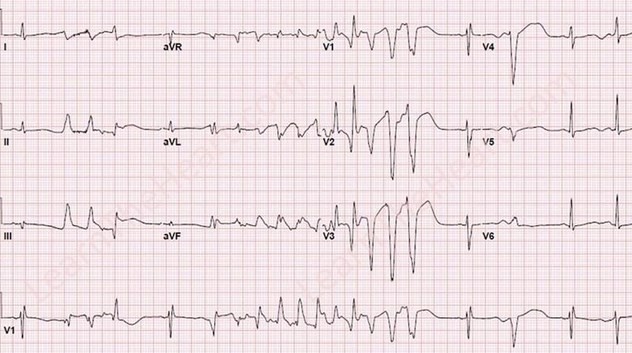A new genetic cause of arrhythmia has been identified by researchers, prompting them to develop a treatment for it.
According to the Journal of the American Heart Associaion, the research team of the Ohio State University Dorothy M. Davis Heart and Wexner Medical Center - Lung Research Institute conducted a study involving a 37-year-old man who had persistent ventricular fibrillation (VF), a type of arrhythmia. The condition was caused by a protein-coding variant in the gene.
The patient underwent genetic testing to identify the cause of the ventricular fibrillation; however, the researchers were not able to trace any known genetic variants. Next, the researchers arranged the protein-coding gene in the patient's genome, which lead them to identify multiple variants.
The protein-coding variant is called DPP6, which changes the electrical activities of the cells of the heart muscles. DPP6 is the one responsible for the irregular heart rhythm experienced by the patient.
Standard treatments like ablation and medications had no effect to the client's medical condition. Also, the team was able to record 168 discharges elicited by the patient's implantable cardioverter defibrillator. Family history revealed that the patient's mother had sudden and premature death.
A treatment has been developed after the research team had identified the cause of the patient's arrhythmia. Ohio State's College of Pharmacy Professor and Davis heart and Lung Research Institute researcher Cynthia Carners said that the therapy has considerably decreased the patient's abnormal heart rhythm for about 2 years.
Ohio State's Wexner Medical Center geneic counselor Amy Strum said that the team is current converging on the link between arrhythmia and other genetic factors, as per News Wise.
Strum added that identifying other people with the same medical condition will help the team have a better view on the progress of the disease. Also, identification and treatment of people at risk for arrhythmia is the overall goal of the team.




























